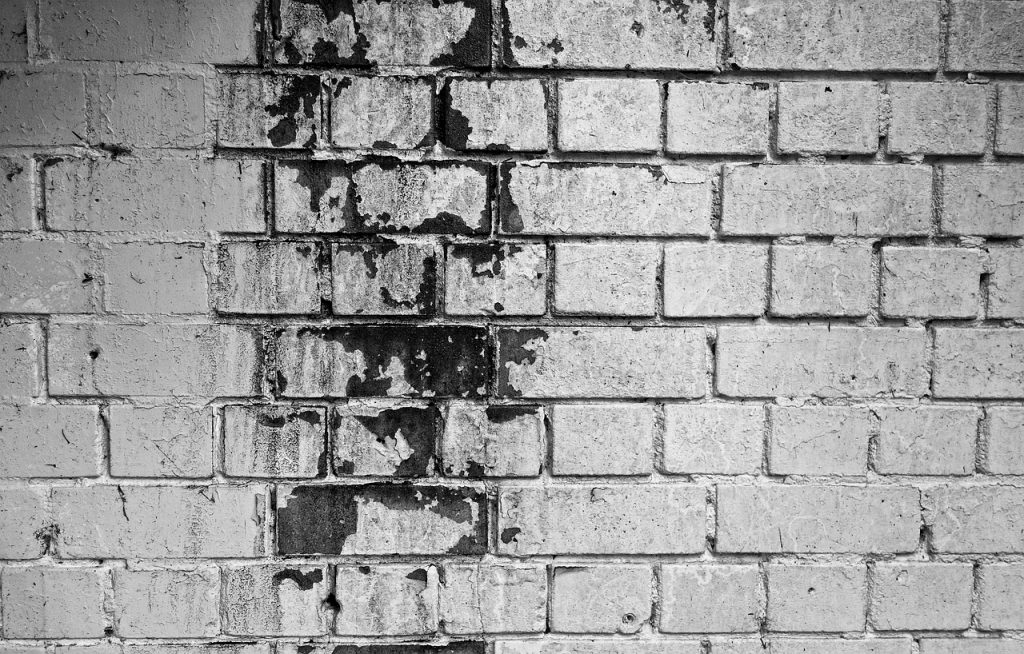Moisture in a building is a problem that affects many people. What are the proven ways to get rid of this persistent problem? We present a few of them.
Moisture in the house usually penetrates from the outside, i.e. from leaks resulting from a leaky roof. Another way for dampness to enter the house is through the foundations when the ground is not properly insulated. In addition, the problem can also come from inside. Moisture is created when you cook, take a bath, or take a hot shower. Unfortunately, excess moisture can lead to the problem of mold growth

According to experts, the correct value of humidity in a room is 30-65% when the temperature is 22 degrees. When it is higher and is, for example, 80%, after which it persists for a few days, then it is an excellent breeding ground for molds, which reproduce most often at a temperature of 20-30 degrees. It is worth noting that they have low nutritional requirements, as well as considerable adaptability to new conditions. They can develop both on wood and on plaster or walls. Most often you will notice them in the form of green or brown efflorescence. Another symptom may also be the omnipresent, unpleasant smell, which in no way can be ventilated. In an advanced stage, mould on the walls turns into a factor causing allergies and skin, respiratory and even nervous system diseases
A very important step is to install ventilation grilles to help deal with the moisture problem. If you have gravity ventilation (which turns out to be unusable and inefficient), replace it with hybrid or mechanical ventilation. With the former, air enters the house through special vents. Mechanical ventilation allows you to regulate the entry of air into the house and proves to be effective in reducing heating costs
In many homes, leaky or too-tight windows that prevent air exchange are also responsible for the moisture problem in the home. The leaky window should be filled with sealing foam, and the area should then be covered with silicone. Such a solution proves effective in the case when the width of the gaps does not exceed 10 mm. A much better method may be the installation of ventilators (in the external wall above the window). Ventilators can be adjusted both manually and mechanically. If you are just planning to build a house, consider installing parquet or laminate flooring, which will provide effective protection against moisture and guarantee clean air
Introduce good habits into your life to make moisture less of a problem. On warm days, dry your clothes on the balcony so that moisture does not accumulate inside. When you cook, cover your pots with lids to prevent steam from settling on walls and ceilings. Open the windows for about 15 minutes every morning before you leave for work to give the rooms a chance to air out. Also remember to open the bathroom window and close the door after a bath or hot shower to prevent moisture from getting into other areas
If you allow moisture to be in your home, it can lead to serious problems with the condition of your building. The plaster will begin to crack and then fall off. You will also notice that wallpaper is peeling off the walls, and insect infestation will be unrelenting, as they have the best conditions just in a humid environment. Window panes will fog up and as time goes by, walls will begin to emit an unpleasant smell. Fungus will also multiply on the walls, which can lead to allergies and respiratory and cardiovascular diseases.